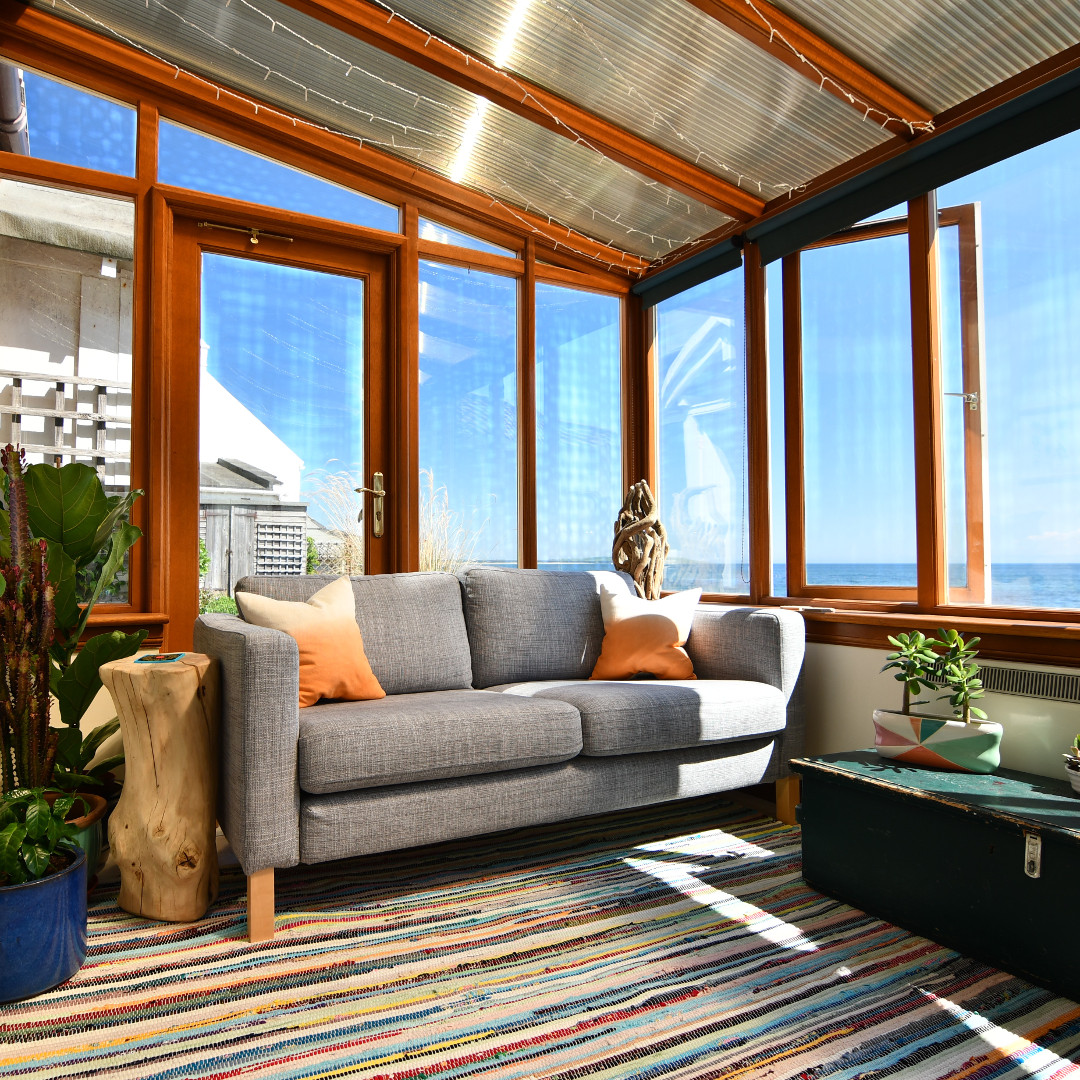The advantages of letting a holiday let over renting on a long-term basis

Did you know that renting out furnished holiday accommodation is classed as a trade?
It means that there are several benefits to letting your property as a furnished holiday home, including reduced capital gains tax due on disposal and the opportunity to claim capital allowances for fittings and equipment.
Here our experts at Jacobs Allen explore the issue further, and should you want more advice on whether to rent your house out to tenants or offer it up as a holiday let then we are here to help.
You may think that your sleek city flat or traditional town house cannot be used as a holiday let because it is not in a tourist hotspot but any property in the UK or anywhere in the EEA is eligible if it is let furnished. Properties in the EEA outside the UK are treated as a separate business from those held in the UK.
Letting the holiday home can be done by an individual, a partnership or through a company. The tax benefits vary depending on which option you choose but broadly the reliefs are similar. The restriction in tax relief for finance costs brought in from the 2017/18 tax year for other lettings by individuals don’t apply to qualifying furnished holiday lets.
Should you opt to let as a business any profits are treated as earnings for pension contributions, so increased pension contributions may be made for the business owner, thus reducing your tax liability and helping you save for the future.
You can also claim capital allowances for the cost of eligible fittings and equipment installed or used within the property, as well as for the cost of equipment used for running the furnished holiday letting business.
With regular rental properties you will be liable for capital gains tax (CGT) on profit made from the sale but disposing of a holiday let can be less costly.
Entrepreneurs’ relief can reduce the CGT bill should you choose to dispose of the property at the same time as shedding the majority of your business assets. This allows up to £10 million of gains to be taxed at 10%, rather than 18% or 28%.
Alternatively, you can rollover the gain into the cost of a furnished holiday letting acquired in the four-year period which starts 12 months before the disposal.
In this way, CGT is not payable on the gain until the replacement property is sold.
Similarly, where a gain has arisen on the disposal of certain specified assets from a different business, the gain can be rolled into a property acquired for use as a furnished holiday letting.
Those who gift a property let as holiday accommodation that continues to be used as such can rollover the CGT payable as it is classed as a business asset, meaning the bill is not payable until the recipient themselves sell the property.
Another benefit is that the profits can be split in different proportions when the property is owned by a partnership which can be a useful tax planning tool especially for couples. To take advantage of these tax benefits, in any year the property must:
- be let furnished and on a commercial basis
- be available for short-term letting for at least 210 days
- be let on a short-term (less than 31 days at a time) basis for at least 105 days
However, the property may be let to one tenant for longer than 31 days and still qualify providing the total lettings that exceed 31 days do not amount to more than 155 days of the tax year.
If the conditions are not met for a tax year, after taking into account average and grace period elections, the income is taxed as normal residential property income.
What is averaging?
If you let multiple properties as a furnished holiday letting, you can average the days of short-term lettings across all of your properties to determine whether the ‘short-term’ condition is met across your entire business.
Letting of all holiday accommodation is standard-rated for VAT purposes, whether or not it qualifies as a furnished holiday letting for the purposes of the deemed trading benefits.
As such, where the landlord is VAT-registered, 20% VAT must be added to the fees charged.
The landlord must register for VAT when the total value of fees charged for holiday lettings plus the value of other VATable sales made exceeds £85,000 in any 12-month period.
Care should be taken if the furnished holiday letting owner is also self-employed and making taxable supplies.
In this case, turnover from the self-employed business and the furnished holiday letting conducted by the same entity must be taken into account to determine whether the VAT threshold has been breached, which could then result in a higher gross rent.
Council tax may not be payable on your holiday let but for those with properties in England that are offered on short-term lets for 140 days or more per year, there will be a business rates bill to contend with and you will need to liaise with the charging authority.
Finally, it is worth remembering that if the property is within a company and there is private use by the owner or family, a benefit in kind could arise which will need to be reported to HMRC under the P11d regime.
Talk to us about your property portfolio and how to maximise your income and reduce your tax bills.

